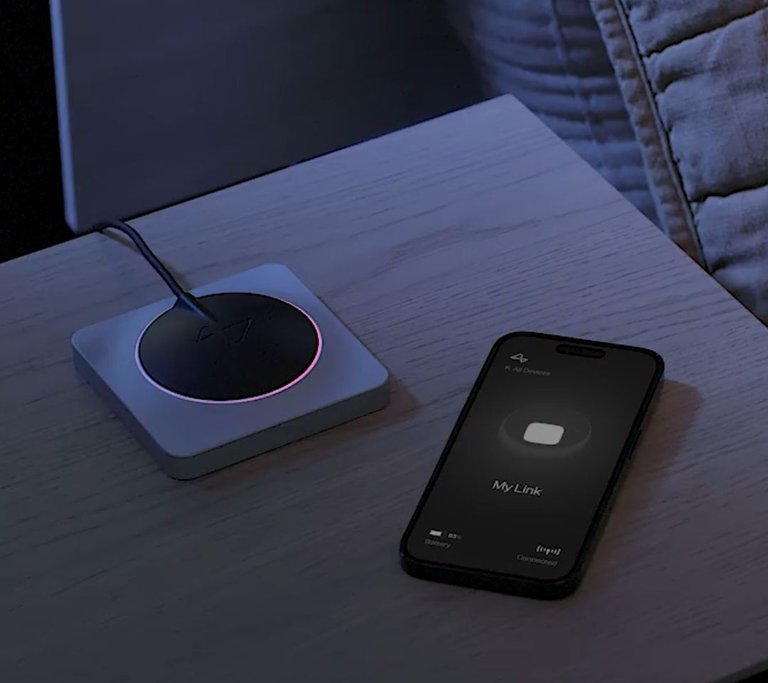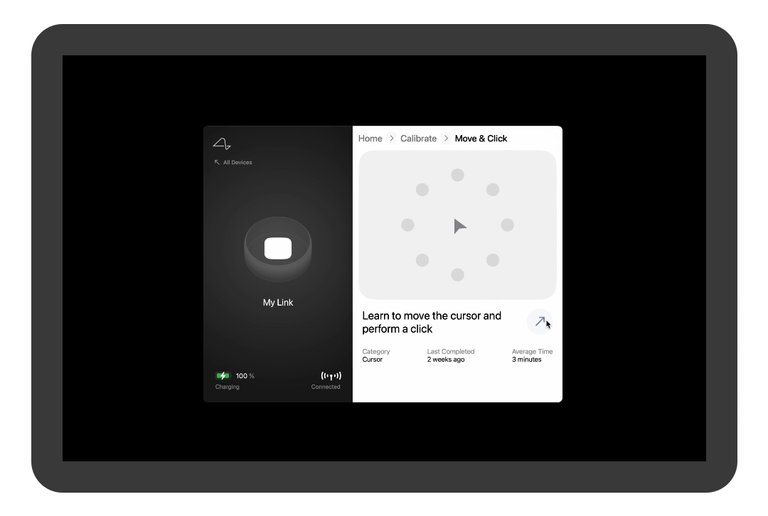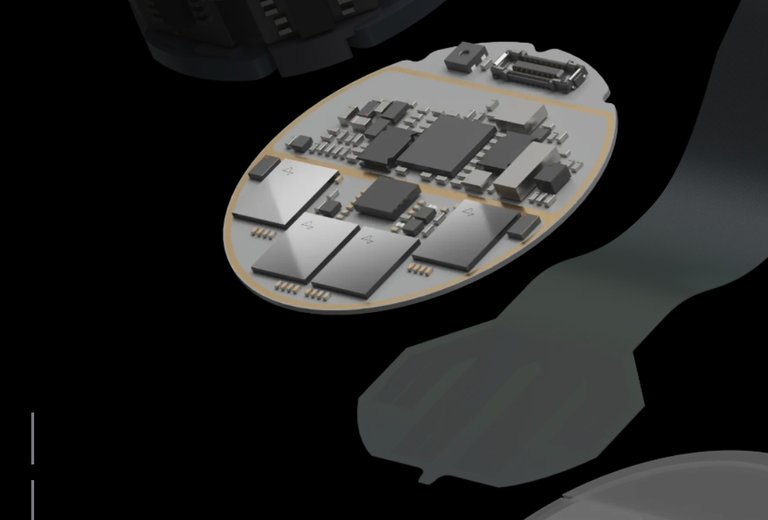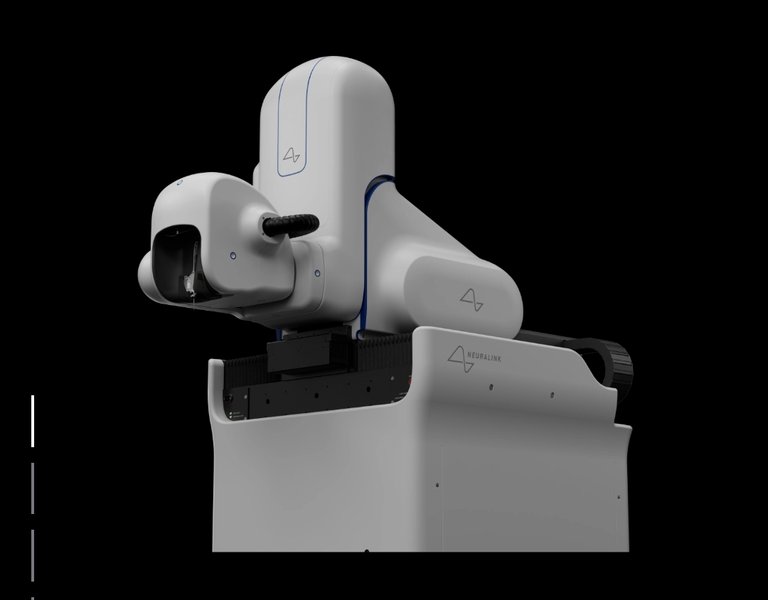The Link: Bridging Minds and Machines with Neuralink's Brain Chip
Neuralink has a brain chip that they have been working on for years. And they just performed their first implant on a human brain a few weeks ago. One of the prospects is that a user of the implant would be able to perform tasks such as controlling computers or smartphones, typing, and even playing video games.

This mind-blowing technology that Neuralink, a company founded by Elon Musk, is developing can change the way we interact with our everyday devices as well as the lives of people with disabilities—with just a chip implanted in the brain.
What the chip, referred to as "The Link," is is that it processes and transmits neural signals (brain activity) to devices like computers and smartphones and enables its users to control those devices with their minds.
The Link was surgically implanted within the skull of "patient zero" by a surgically precise robot. Sixty-four wires—thinner than even hair strands—were implanted directly into the tissues of their brain, with each wire containing 16 microscopic electrodes connected to an N1 chip (The Link). Afterwards, Elon confirmed that the patient survived the procedure and is recovering well, also stating that initial results show promising neuron spike detection.

Telepathy is one thing that will be possible with the brain chip. With it, users will be able to control a smartphone or computer by just thinking. In essence, it would allow the user to reach devices and perform actions on such devices. Things like playing video games, controlling smart home devices, or even browsing the internet. Maybe they'll be able to drive electric vehicles with it someday.

Blindsight is another feature that Neuralink intends to achieve with The Link. And the idea is to send digital vision from an external camera to the brain of a blind patient, enabling them to "see" with the system. This concept applies to allowing a patient to see what's on a screen via the brain chip as well. It won't be like having real eyes, but it could allow blind people to visualise their environment.
Another prospect of the brain chip is to treat neurological disorders. That is, with the technology, restoring movement and vision and improving cognitive disabilities. Paraplegic patients can maybe regain some mobility by controlling robotic exoskeletons and prosthetic limbs. Neuralink even holds promise for treating brain-related issues such as Alzheimer's disease.

As promising and groundbreaking as this technology is, it's important to consider ethical concerns such as privacy, confidentiality, and societal impact.
The Link has direct access to the brain as well as the thoughts of its users. Unauthorised access to the thoughts of a user can lead to potential problems and conflicts.
The brain is an organ that is highly delicate. Patients' consents must be obtained, and they must be duly and completely aware of the risks, benefits, and alternatives to using the device.
It is also important that users have full control over the chip and that sufficient encryption be placed on it to protect them from malicious activity from external devices. Imagine a brain being hacked.

The cost of the link and the surgical procedure is another matter. Based on the level of technology at The Link, one can expect it to cost a lot. That could affect accessibility for people, especially patients who really need it for the improvement of their health.

On the bright side, there is now a whole new world of countless possibilities with such a technology. Imagine a world where people have this implant and use it to interact with their environment and the devices around them. Science fiction is sure to become a reality.
This device will definitely have different schools of thought and a variety of opinions about it. Generally, people would either embrace it or reject it. It is promising, but it's not perfect, and how society would accept it is a concern.
Neuralink has been in work since 2017 when they started, and they have made tremendous feats so far. With the rapid development of machine learning and neurotechnology, it's expected that The Link will only get better and better with time.

In years to come, there will be more people to try it out. Most people with disabilities would appreciate it for what it can offer them, but the diverse applications are endless.

A surgical-precise robot performs the surgery, and that too would also get more advanced as the technology develops with time. Surely, high accuracy and and level of success can be expected.
What do you think about the Brain Chip by Neuralink? Is it something that you'd like to see expand in the coming years? Would you try it, especially if it's "perfect?"
Interested in more?
Apple Vision Pro Version 2 Potential Features
Streamlined Charging for Electric Fleets by Guided Energy
Oura Smart Ring: A Technological Symphony Enhancing Well-being
Meet the Humane AI Pin: Voice, Gesture, AI – No Screens Needed!
Posted Using InLeo Alpha
Wow, what an exciting development! Neuralink's brain chip truly has the potential to revolutionize the way we interact with technology and improve the lives of many. The prospect of controlling devices with our minds and even restoring vision for the blind is simply mind-blowing.
However, it's crucial to address ethical concerns surrounding privacy and accessibility. Nonetheless, the advancements in neurotechnology are incredible, and I'm eager to see how Neuralink continues to innovate in the future!
THANKS FOR THIS AWESOME POST FRIEND!
It truly is mind-blowing. I don't think I'll ever be comfortable with some brain implant in my head, but I can imagine the dire need for those with health conditions.
Congratulations @olujay! You received a personal badge!
Participate in the next Power Up Day and try to power-up more HIVE to get a bigger Power-Bee.
May the Hive Power be with you!
You can view your badges on your board and compare yourself to others in the Ranking
Check out our last posts: